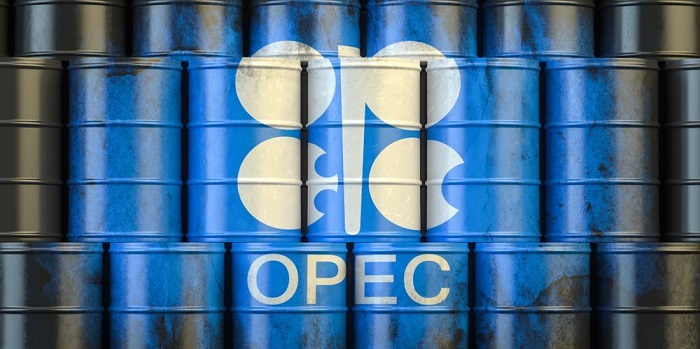A 386,000-barrel-per-day (bpd) cut in Saudi Arabia’s crude oil shipments kept total seaborne exports of the OPEC+ group stable in October compared to September, although Russia boosted its seaborne exports by nearly 300,000 bpd, data from IHS Markit showed on Tuesday
Total OPEC+ crude oil exports by sea averaged 22.5 million bpd in October, slightly up from 22.37 million bpd in September, due to the large drop in Saudi shipments, as well as lower exports from Venezuela and continued low levels of exports from West African producers and OPEC members, Nigeria and Angola, according to preliminary data from IHS Markit Commodities at Sea.
In September, Saudi crude oil shipments returned to above 6.2 million bpd, close to the levels last observed in March 2020, before the Saudis flooded the world with oil in April in the brief price war with Russia. This led to the OPEC+ alliance increasing its September oil shipments by around 700,000 bpd compared to August, IHS Markit said last month, analyzing the data for September.
In October, Saudi Arabia’s crude oil exports fell back below 6 million bpd—to 5.861 million bpd, according to IHS Markit’s estimates released today.
Saudi Arabia’s key ally in the deal, Russia, however, increased its seaborne crude oil exports to 3.83 million bpd last month from 3.54 million bpd in September, contributing to the small rise in total OPEC+ oil shipments.
Early indications about November shipments currently point to OPEC+ sticking to the quotas, according to loading programs from some producers and nominations by term buyers to Middle East producers.
Going forward, the main question for the market is whether OPEC+ will decide to delay the easing of the cuts that are currently planned for January. The global oil market will find absorbing additional 2 million bpd challenging which “will most probably add severe pressure to prices,” wrote Fotios Katsoulas, Liquid Bulk Principal Analyst, Maritime & Trade at IHS Markit, and Raj Rajendran, Principal Journalist, OPIS.
Crude oil in floating storage around the world has fallen below 70 million barrels in recent weeks, but this is still a very high level, according to the analysts.













